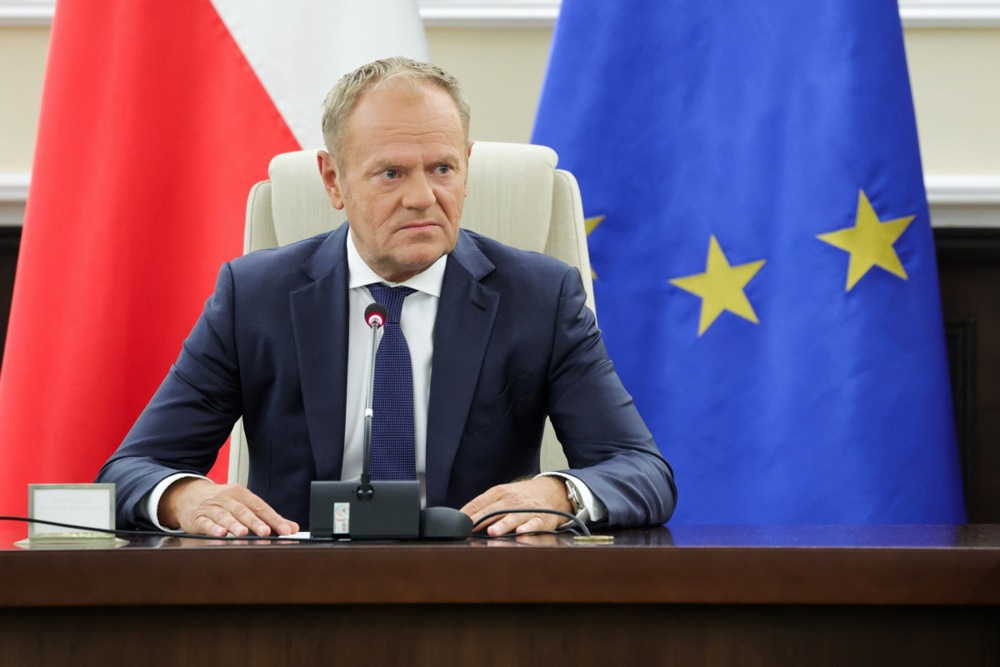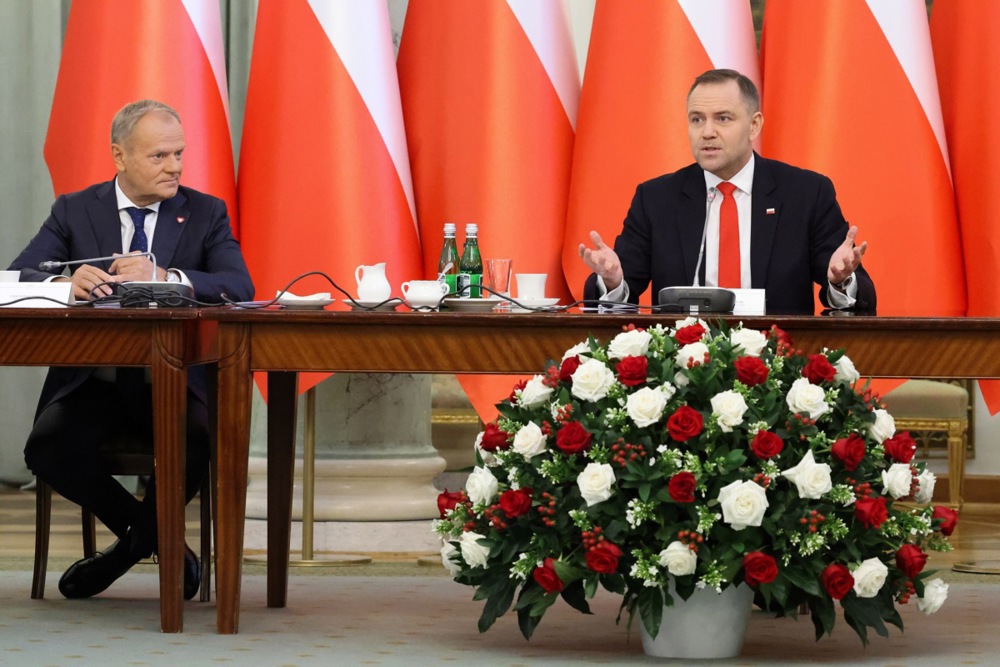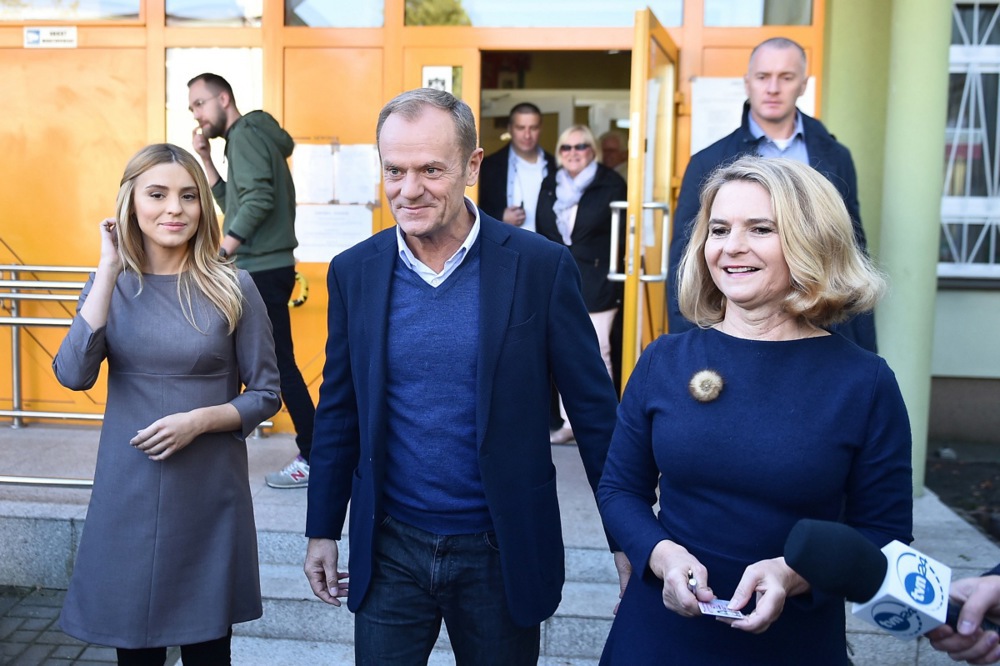Polish Prime Minister Donald Tusk has said the European Union is ready to slow down the implementation of the second instalment of the EU Trading Emissions System (ETS2).
ETS2 is a new carbon pricing initiative set to launch in 2027, targeting emissions from buildings, road transport and heating fuels, sectors not covered by the existing ETS. It aims to spur reductions in greenhouse gases by making fuel suppliers pay for their emissions.
Speaking to reporters yesterday after a meeting of the European Council, Tusk claimed the EU had made “a very serious turnaround” regarding its carbon charge for buildings and transport, after Poland and its allies pushed for changes.
EU leaders in fact agreed yesterday for the bloc to move ahead with setting a 2040 emissions target. In their joint summit statement after Brussels talks, though, they did say the 2040 target should include a “revision clause”.
Tusk latched onto the “revision clause” as evidence of a “serious turnaround” that had created scope to halt the targeted introduction of ETS2 in 2027.
“Europe is finally speaking our language,” Tusk said after the marathon negotiations, which he said lasted some 13 hours.
“The most important thing for me and what we had warned about earlier, was dismantling this threat, especially for Polish households and drivers, that is the ETS2, this levy or climate tax,” he said.
“When I say I’m more satisfied than tired, it’s because we managed to include a key word for us — ‘revision’ — that is, changes in this project whenever the member states find it necessary,” Tusk added.
“And that means the possibility, not yet a guarantee, of postponing or blocking it so that it doesn’t come into force in 2027.”
That is the year in which Tusk and his centre-left government face parliamentary elections and the French go to the polls in their presidential elections.
“We are witnessing a very serious turnaround in this matter, a change in the way of thinking and Poland has a very big share in it,” Tusk insisted.
“Extending carbon pricing to buildings and transport would mean not only factories but households and drivers paying for emissions,” he said.
While he called the measure defensible for climate protection, he argued it would be “very unpleasant” for Polish users.
Tusk also claimed that the review opens the way to a broader, critical debate on the European Green Deal.
He said he would seek options with other leaders, such as Italian Prime Minister Giorgia Meloni and French President Emmanuel Macron, to revisit the European Commission’s proposed 2040 climate target of a 90 per cent emissions cut from 1990 levels.
The PM’s claims have been dismissed as disingenuous posturing by Poland’s right wing opposition.
Jacek Ozdoba, MEP from the largest opposition party, the Conservatives (PiS), took to X and wrote: “Your party in the European Parliament has supported European legislation to introduce ETS2 and the decision of the European Council merely confirms that.”
Anna Bryłka MEP from the Confederation Party, was equally dismissive. “Nonsense Mr Tusk! The conclusions of the European Council meeting confirm the introduction of ETS2 and any clauses on revisions do not automatically delay the introduction of climate taxation or changes in its shape,” she said.
“Furthermore, the European Council has actually called on the European Commission to ensure the realisation of the medium term climate target for 2040,” she added.
The EU is attempting to introduce a new target to cut net greenhouse gas emissions 90 per cent by 2040 to put the bloc on track for net-zero emissions by 2050. That is seen by scientists as an essential step to avert the worst impacts of global warming.
The 2040 target aims to keep the EU on track between its existing, legally binding commitment to cut emissions by 55 per cent in 2030 and the 2050 net zero target.
Countries such as Poland have argued a “revision clause” is needed in case “green” technologies do not develop as planned, or economic conditions hamper the investments needed to achieve the climate target.
Wealthier western and northern countries, whose uptake of electric vehicles and renewable energy has surpassed that of poorer EU states, are more confident.
Germany, France and Scandinavian countries have already introduced many of the ETS2 provisions into their own legislation and long-term financial plans.





